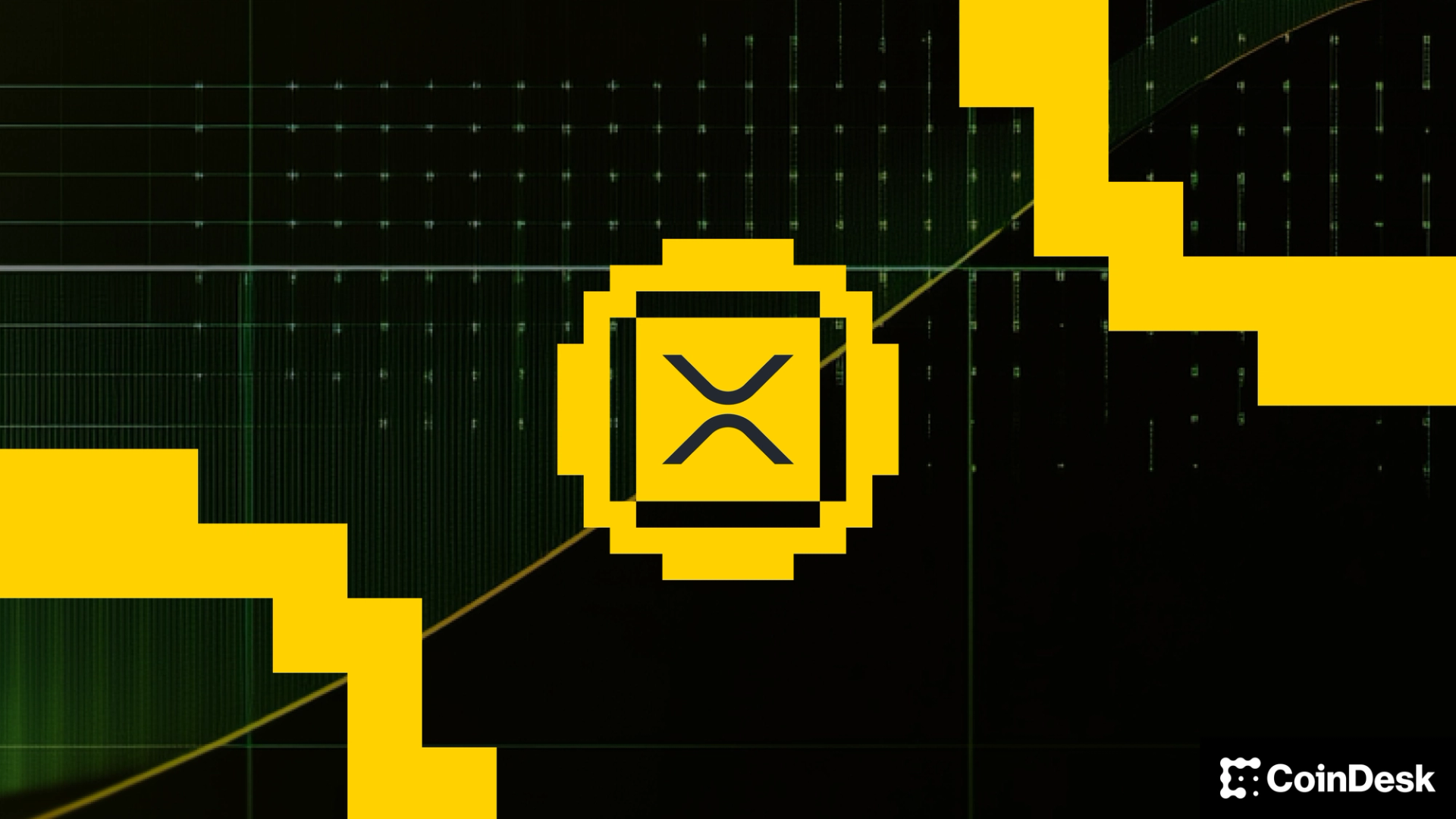
Ripple cryptographer J. Ayo Akinyele says he’s pushing to make the XRP Ledger (XRPL) the “first choice for institutions seeking innovation and trust” — and to do it with privacy-first tooling.
Akinyele, a senior director of engineering at Ripple, lays out the case in a blog post published Thursday, arguing that finance can’t function without confidentiality while public blockchains are built for transparency.
The way through, he says, is programmable privacy that lets “honest participants control what is revealed, to whom, and under what circumstances,” while still giving regulators the disclosures they need.
Privacy as infrastructure, not secrecy
Akinyele contends privacy on-chain should be a baseline protection, analogous to the encryption that secures online banking.
He points to zero-knowledge proofs (ZKPs) — cryptography that proves a statement is true without exposing the underlying data — as a mechanism for private but compliant transactions (for example, proving KYC completion without broadcasting identities to the entire network).
In his view, without built-in confidentiality, institutions won’t move core workflows to public ledgers; without accountability, regulators won’t sign off. ZKPs, selective disclosure and hardened wallet infrastructure are meant to square that circle.
Scaling without sacrificing trust
Beyond privacy, Akinyele argues scalability must not come at the expense of security or decentralization.
He highlights trusted execution environments (TEEs) for fair transaction ordering to curb frontrunning and confidential computation for running sensitive logic off-chain while emitting verifiable outputs — both intended to reduce market-structure risks without reverting to intermediaries.
Looking ahead, he sketches two milestones.
First, over the “next 12 months,” he says he’s focused on making XRPL the institutional default by applying ZKPs to enable private, compliant transactions that also improve throughput.
Second, in 2026 he expects confidential multi-purpose tokens (MPTs) — a forthcoming XRPL standard — to bring privacy-preserving tokenized collateral to market. That, he says, is an essential step for institutional adoption of real-world assets (RWAs) and DeFi (decentralized finance).
Akinyele also positions XRPL as “uniquely positioned to bridge” what he describes as “many trillions of dollars in assets set to move on-chain over the coming decade,” citing the ledger’s decade-long operating history, built-in decentralized exchange, escrow and payment channels as finance-oriented primitives already at the protocol layer.
“The future of blockchains belongs to builders who remove unnecessary trust,” he concludes — arguing that if systems can prove correctness, prevent misuse and protect data, public ledgers can deliver the privacy, compliance and efficiency institutions require.
免责声明:本文章仅代表作者个人观点,不代表本平台的立场和观点。本文章仅供信息分享,不构成对任何人的任何投资建议。用户与作者之间的任何争议,与本平台无关。如网页中刊载的文章或图片涉及侵权,请提供相关的权利证明和身份证明发送邮件到support@aicoin.com,本平台相关工作人员将会进行核查。



